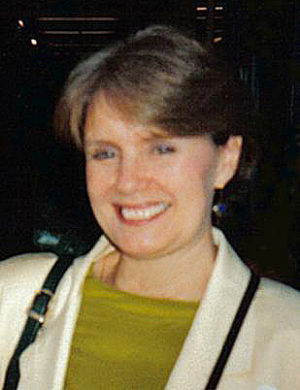
Nancy Huntting, Aesthetic Realism consultant, writes:
As you see these words—you are reading. Find out tremendous new things about why reading matters, and what it has to do with art, and the world itself, in “Reading, Our Lives, & the Opposites,” the magnificent current issue of The Right of Aesthetic Realism to Be Known.
The commentary by Ellen Reiss begins:
With this issue, we begin to serialize the 1972 lecture by Eli Siegel Reading Itself Has to Do with Poetry. At the basis of this rich, vivid, beautiful, often humorous talk is the principle “The world, art, and self explain each other: each is the aesthetic oneness of opposites.”
There is the immediate subject, reading: in our own time, even as people are taken by so much rapid visual action, through the internet and other media, there is still a feeling that reading matters, books matter. People want to think well of themselves for how they read—for how much, how deeply, and what. And largely, there is shame on the subject, including among the very educated: because to read books, and get information from them, is not the same as reading with full respect for words and for those creators of words and books, one’s fellow human beings.
Mr. Siegel speaks, here, about the opposites of randomness and plan as a person reads, and in the world itself.
His own reading was unsurpassed in its scope, depth, multitudinousness—and critical, loving respect. The tens of thousands of books that were his now form the Eli Siegel Collection at the Aesthetic Realism Foundation. He saw books not as an offset to life and people but as a means of understanding and being fair to them. And further, no one enabled people to love reading more than he did.
What Books Do
How Eli Siegel saw books is in itself a subject, a magnificent one. But for now I’ll quote some sentences from the chapter “Books” in his Children’s Guide to Parents & Other Matters:
That’s what books do: they add feelings to other feelings. Every time you read a book, someone else’s feelings meet yours, and mix with yours….We want things to happen to our minds. When we read books our minds “go out” more, work more, to have things happen to us. Therefore, if we can’t read books, we don’t like life, either….Books can show that life can make sense, while it makes you wonder, and think, and hope, and see what is right under your feet. [Pp. 76, 79-80]….Read more